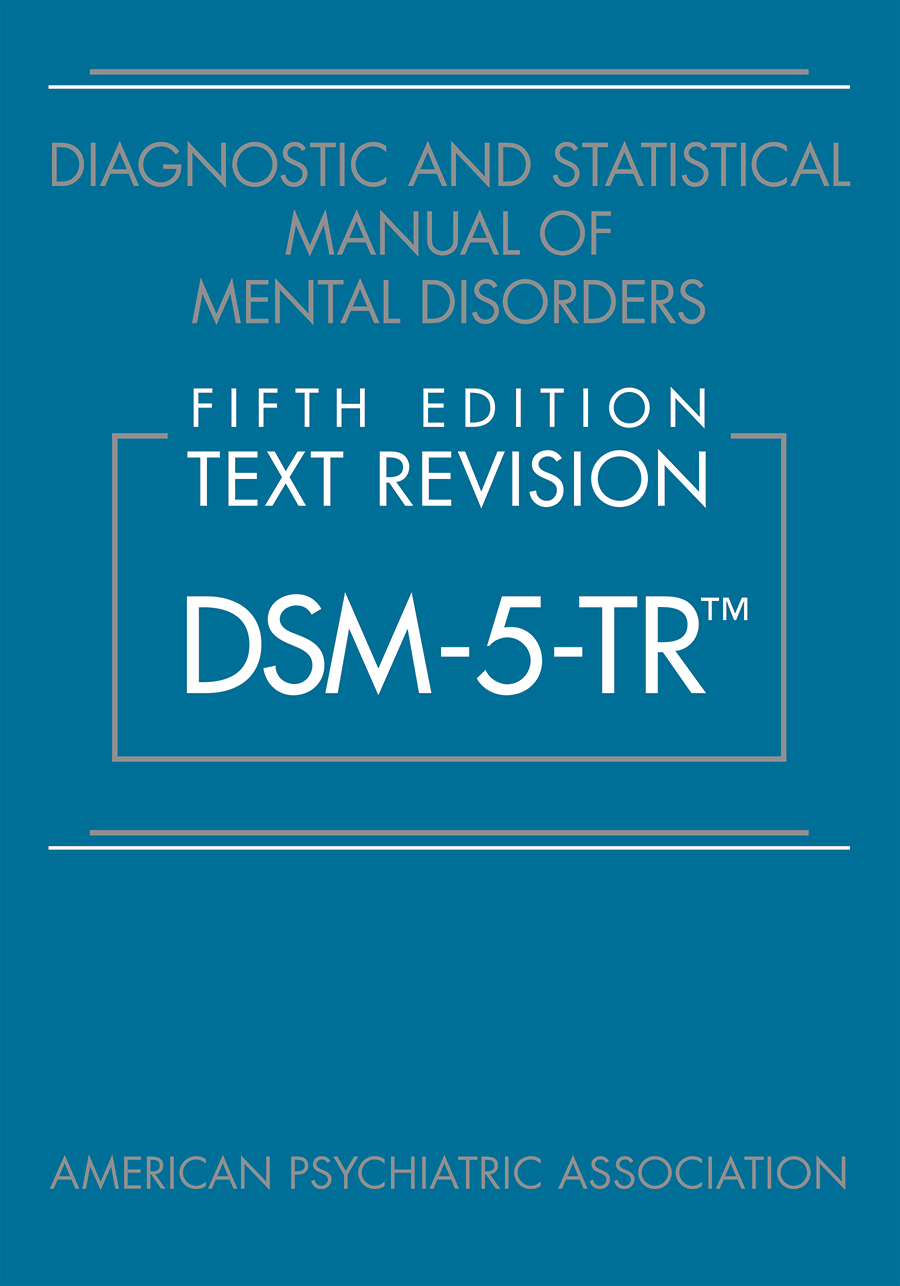Assessment Measures
Sections
Excerpt
A growing body of scientific evidence favors dimensional concepts in the diagnosis of mental disorders. Limitations of a categorical approach to diagnosis include the failure to find zones of rarity between diagnoses (i.e., delineation of mental disorders from one another by natural boundaries), need for intermediate categories like schizoaffective disorder, high rates of comorbidity, need for frequent use of other or unspecified diagnoses, relative lack of utility in furthering identification of unique antecedent validators for most mental disorders, and lack of treatment specificity for the various diagnostic categories.
Access content
To read the fulltext, please use one of the options below to sign in or purchase access.- Personal login
- Institutional Login
- Sign in via OpenAthens
- Register for access
-
Please login/register if you wish to pair your device and check access availability.
Not a subscriber?
PsychiatryOnline subscription options offer access to the DSM-5 library, books, journals, CME, and patient resources. This all-in-one virtual library provides psychiatrists and mental health professionals with key resources for diagnosis, treatment, research, and professional development.
Need more help? PsychiatryOnline Customer Service may be reached by emailing [email protected] or by calling 800-368-5777 (in the U.S.) or 703-907-7322 (outside the U.S.).



